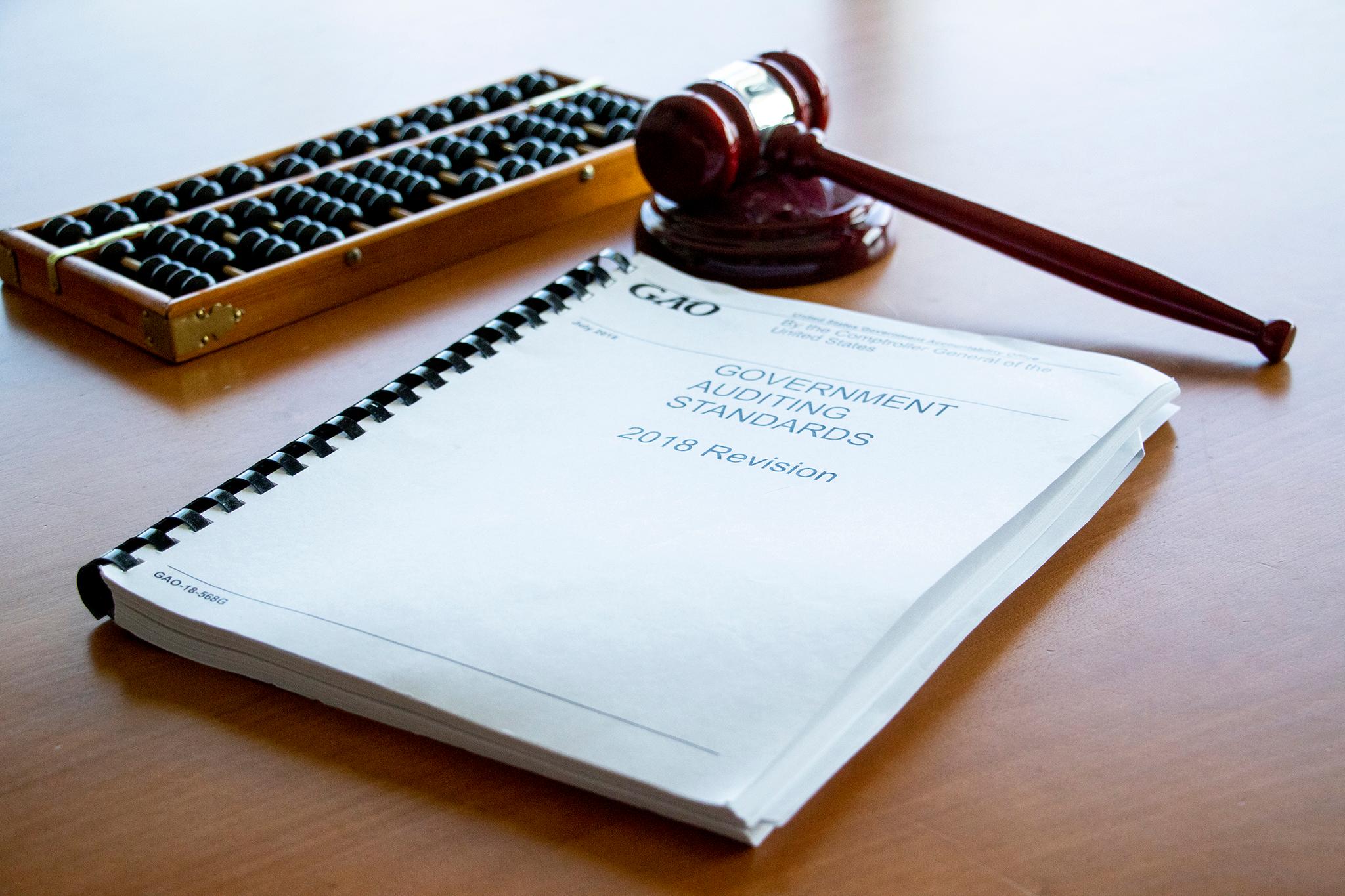The Mayor’s Office of Social Equity and Innovation is under fire from Denver Auditor Tim O’Brien.
The agency lacks a plan with measurable objectives, performance metrics, a documented decision-making process, clear marching orders from the Mayor’s Office, and a basic analysis of staffing needs, according to a recent follow-up on a 2022 audit.
That year, O’Brien made 16 recommendations for improving the agency, but only two were fully implemented. Seven were partially implemented, and the final seven were not implemented at all.
“I’m disappointed the Mayor’s Office Social Equity and Innovation has yet to develop fully detailed programs, strategies, and policies and procedures four years into its existence and two years after our initial audit,” O’Brien said in a statement.
It’s the latest in a string of challenges against the equity office, including an antidiscrimination lawsuit and claims from community members that the office co-opted grassroots work.
All of this comes in a political moment when diversity, equity and inclusion work is under attack from the White House. Cities are facing threats of federal funding cuts if they don’t abandon such programs.
The auditor hopes his critiques help the agency do better racial equity work in Denver.
No strategic plan.
The original audit stated the Mayor’s Office of Social Equity “lacks a detailed strategic plan and other foundations for effective governance.”
Three years later, that’s mostly still the case.
Of the eight proposed fixes to this problem, only one has been addressed: The office now has developed and documented succession and contingency plans.
Two have been partially implemented: A review and update of the existing program design and documentation of policies and procedures.
But the auditor remains concerned the agency still has not:
- Assessed the needs it needs to address.
- Developed and documented a strategic plan.
- Ensured consistent mission, goals and strategies.
- Implemented performance metrics.
- Identified agency-specific equity personnel.
The agency had pledged to address most of this by fall of 2022. That didn’t happen.
For more than two years — under both Mayor Michael Hancock, who signed the original executive order, and Mayor Mike Johnston, who has continued the program — the office has not really had much direction, the auditor’s report states.
Hancock’s original executive order establishing the office fails to empower staff.
Of the seven recommendations to address the staff’s lack of clear guidance from the mayor, only one has been fully implemented: The agency has explored “alternative training methods.”
It has made progress on a few goals:
- Review and revise the executive order that established the office.
- Ensure city agencies comply with the order.
- Identify budget personnel.
- Document activities for the budget equity process.
And two significant fixes have not been implemented at all. Johnston has not evaluated the future of the executive order that is designed to bolster racial and social equity and social justice in city policies.
The mission of the office, according to the order, is somewhat fuzzy: “The mission of OSEI is to utilize best and innovative practices to lead Denver in transformative change with a commitment to equitable outcomes.”
The agency, according to the order, is also supposed to facilitate interdepartmental collaboration on equity issues, but again, how that’s supposed to happen is vague.
The order also bakes equity, diversity and inclusion work into all city business. Every city department should have a Racial Equity Action Plan. The Office of Social Equity and Innovation should oversee that, offer coaching, guidelines, data analysis and more.
What teeth the office actually has to ensure this work happens is unclear.
Communication problems.
According to the auditor’s report, the Mayor’s Office of Social Equity and Innovation needs to do a better and clearer job of communicating with other departments.
The audit recommended the agency develop a communication plan. The report notes the agency has made “significant strides” in doing so.
But still, the communication policy and plan lacked details about how the office would let city employees know about trainings in a timely manner. The policy also fails to specify communication roles and responsibilities for equity, diversity and inclusion teams.
And the equity agency couldn’t show that the communication plans, which were supposed to be shared with the stakeholders, actually were.
Basically, the mayor’s equity office agrees with the agency’s findings.
But the report brings up a lot of questions. Does the agency actually know what it’s doing? Is it doing that well? How is it – and isn’t it – empowered to tackle racial inequities in citywide agencies?
And will it address these questions through action?
Denver’s Chief Equity Officer Ben Sanders, who runs the equity and innovation agency, expressed gratitude to the auditor for “helping us enhance and refine our work to build a more equitable and just Denver.”
Sanders has no objections to the audit’s claims.
“We are fully aligned with the recommendations and are working swiftly to fulfill our shared vision for the future of the office,” he wrote Denverite.











